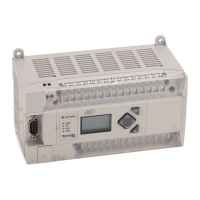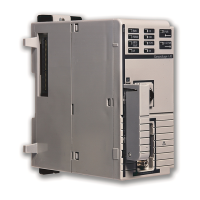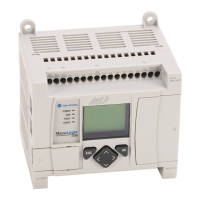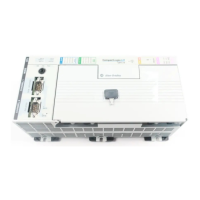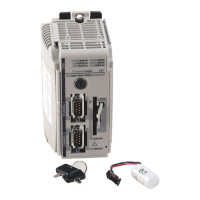Rockwell Automation Publication 1766-UM001O-EN-P - September 2021 151
Appendix B Replacement Parts
Three or More Batteries
Procedures for the transportation of three or more batteries shipped together
within the United States are specified by the Department of Transportation
(DOT) in the Code of Federal Regulations, CFR49, “Transportation.” An
exemption to these regulations, DOT – E7052, covers the transport of certain
hazardous materials classified as flammable solids. This exemption authorizes
transport of lithium batteries by motor vehicle, rail freight, cargo vessel, and
cargo-only aircraft, providing certain conditions are met. Transport by
passenger aircraft is not permitted.
A special provision of DOT-E7052 (11th Rev., October 21, 1982, par. 8-a) provides
that:
“Persons that receive cell and batteries covered by this exemption may
reship them pursuant to the provisions of 49 CFR 173.22a in any of
these packages authorized in this exemption including those in which
they were received.”
The Code of Federal Regulations, 49 CFR 173.22a, relates to the use of
packaging authorized under exemptions. In part, it requires that you must
maintain a copy of the exemption at each facility where the packaging is being
used in connection with shipment under the exemption.
Shipment of depleted batteries for disposal may be subject to specific
regulation of the countries involved or to regulations endorsed by those
countries, such as the IATA Articles Regulations of the International Air
Transport Association, Geneva, Switzerland.
Disposal
For disposal, batteries must be packaged and shipped in accordance with
transportation regulations, to a proper disposal site. The U.S. Department of
Transportation authorizes shipment of “Lithium batteries for disposal” by
motor vehicle only in regulation 173.1015 of CFR 49 (effective January 5, 1983).
For additional information contact:
U.S. Department of Transportation
Research and Special Programs Administration
400 Seventh Street, S.W.
Washington, D.C. 20590
Although the Environmental Protection Agency at this time has no regulations
specific to lithium batteries, the material contained may be considered toxic,
reactive, or corrosive. The person disposing of the material is responsible for
any hazard created in doing so. State and local regulations may exist regarding
the disposal of these materials.
For a lithium battery product safety data sheet, contact the manufacturer:
Sanyo Energy Corporation Tadarand U.S. Battery Division
2001 Sanyo Avenue 2 Seaview Blvd.
San Diego, CA 92173 Port Washington, NY 11050
(619) 661-4801 (516) 621-4980
IMPORTANT Regulations for transportation of lithium batteries are periodically revised.
See http://www.dot.gov
for the latest shipping information.
ATTENTION: Do not incinerate or dispose of lithium batteries in general trash
collection. Explosion or violent rupture is possible. Batteries should be collected
for disposal in a manner to prevent against short-circuiting, compacting, or
destruction of case integrity and hermetic seal.

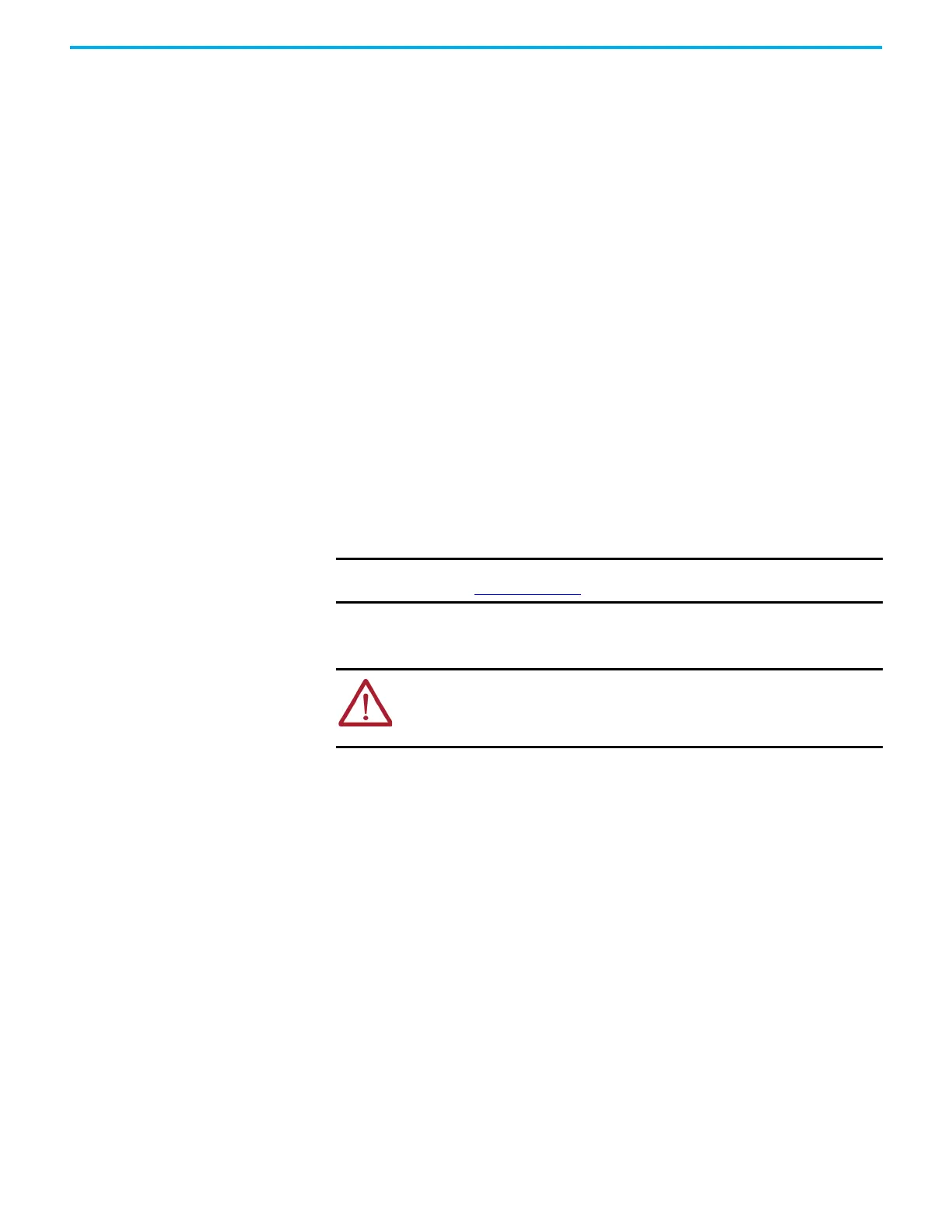